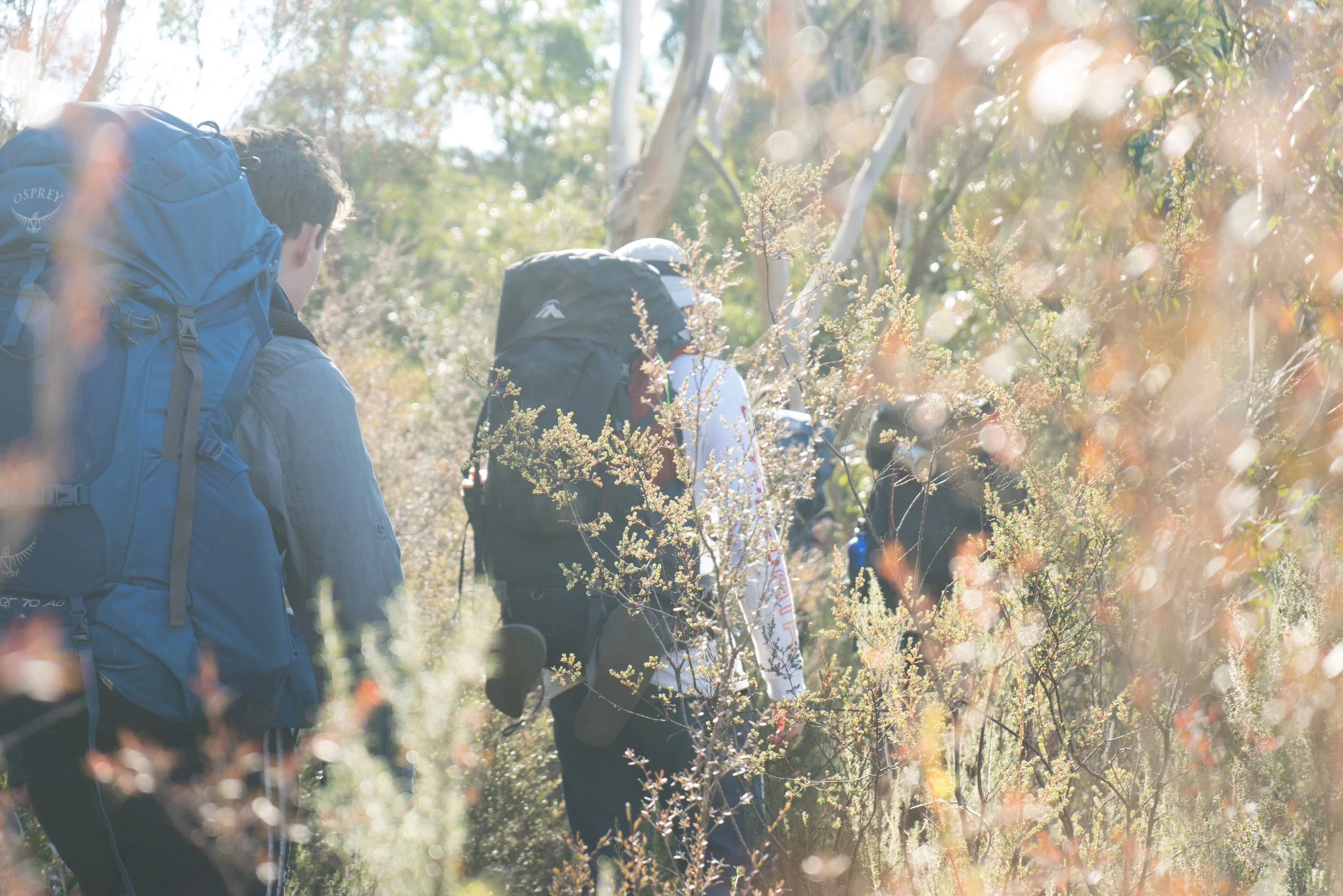Burnout - what is it? Why do we hear so much of the term these days? How do you combat burnout?
Burn-out is defined in the International Classification of Diseases (ICD-11 ) by the features below.
“Burn-out is a syndrome conceptualized as resulting from chronic workplace stress that has not been successfully managed. It is characterized by three dimensions:
feelings of energy depletion or exhaustion;
increased mental distance from one’s job, or feelings of negativism or cynicism related to one's job; and
reduced professional efficacy.
Burn-out refers specifically to phenomena in the occupational context and should not be applied to describe experiences in other areas of life.”
JIll Lepore argues in her May 2021 article in the New Yorker (Burnout: Modern Affliction or Human Condition?): "As a diagnosis, it’s too vague to be helpful—but its rise tells us a lot about the way we work."
She points out that the term was coined in the 1970s by Herbert J. Freudenberger , a psychologist working in San Fransisco with primarily persons addicted to various drugs . He expanded a term used by the drug users to encompass a similar effect on people working in caring professions. We have now adopted the term for any pervading sense of dissatisfaction or melancholia, work related or not. The term has become pervasive with the effects of the covid pandemic on our ability to socialise , recreate and relax.
The vagueness of the symptoms, and the crossover with other illnesses such as depression and chronic fatigue has meant that as a diagnosis it is difficult and hence the WHO have limited it to a specific workplace related illness.
However as we know our mind and bodies do not experience work as a separate compartmentalised entity.
Our health and wellness is an expression of all that is transpiring in our lives.
From an ancestral perspective , if you just couldn't be bothered hunting and gathering to find food or you were just too stressed to keep hiding from the sabre toothed tiger you would quite simply cease to exist. Yet our ancestors for the most part only experienced these periods of high flight or fight hormone surges during these extreme circumstances. In our modern society we subject ourselves to persistently elevated stress hormones . Busy professional lives, poor sleep , high arousal states living in urban environments with the associated noise and visual pollution. We also then exercise to destress, following a paradigm that leaves our bodies drained and with little chance of appropriate recovery.
Our ancestors would consistently move and exist at moderate heart rates, rest as needed and stress the body to sub maximal levels when pursuing prey or avoiding becoming prey.
They lived outdoors for the most part, with the benefits afforded from green and blue space and sufficient sunlight to keep vitamin D levels within a normal range. They spent much of their active time sourcing food.
As society transitioned from a hunter-gatherer to farming one, people became farmers, traders or nomadic herders. Then the industrial revolution initiated the concept of jobs: work that demanded specific time commitment in order to earn the ability to survive in society. We started living in more urban environments, with most of our time spent indoors. We have things better now than the industrial revolution, but for the most part we have continued with that frenzied existence that is so removed from our hunter gatherer ancestors.
Of course societal structure makes it impossible for us to simply all leave our jobs and subsist in a primitive way.
However there are things you can do, things that your body evolved to embrace, to enhance your vitality on a daily basis.
These things can boost our immunity, improve our mental health , temper the sympathetic nervous system overload and limit the effect of burn out society on us personally.
Get outside every day, preferably in a space with trees or at the beach
Move constantly. Walk, stretch, bend, swim, bike . At a low paces for as much of the day as possible. If you have a sedentary job- ensure you get up and move on a regular basis
Occasionally stress your body with an intense work out- a sprint or true HIIT workout (4 min max ) weekly.
Do some strength type exercise twice a week. Body weight is fine. Barbells, dumbells, kettlebells, resistance bands, Monkii: any or all of these modalities are also good.
Expose your body to some cold water for a few minutes a day. Whether that's a swim, a surf, or a cold shower- this brief cold stress has many health benefits.
Eat natural, unprocessed foods as the major part of your diet
Strive for sleep, rest and activity that aligns with normal diurnal rhythm- that is , get up with the sun, exercise early, wind down as the sun sets and get a good amount of sleep nightly.
Have a meditative practice in the morning - meditation, breathing exercises, yoga, tai chi . Something where you can be truly present for yourself in the moment.
Stretch daily- a nightly yoga or brief stretching routine
Limit the intake of things that are inflammatory, unhealthy, or drive your body into that hyper-sympathetic state. Key here are alcohol, caffeine, sugar , food additives and other noxious industrialised foodstuffs.
In addition we can be like our ancestors and not define ourselves by our work. Beyond our survival needs , we have to look at a much broader definition of happiness than those materialistic factors. That is not easy in our society. Go on a backpacking trip . Truly limit your daily decisions to survival needs. Where do you find happiness then ?
Primal Regeneration is about celebrating outdoor activities and reclaiming the ability to enjoy these as you get older.




